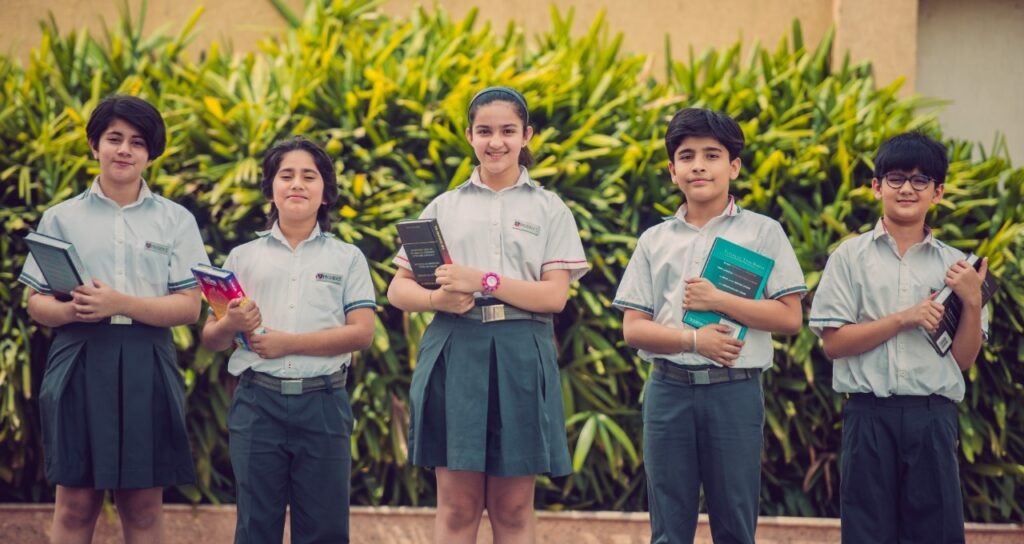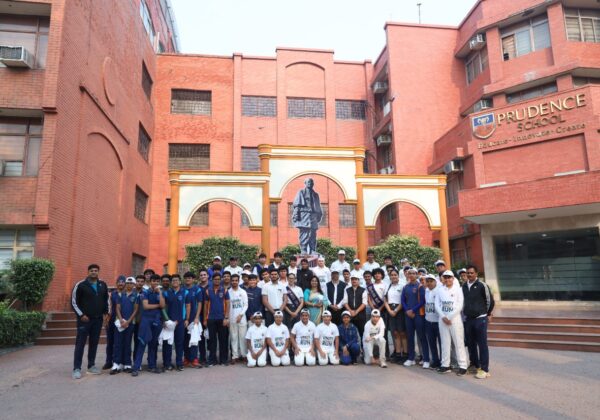
11 November every year is National Education Day, an annual observance in India to commemorate the birth anniversary of Maulana Abul Kalam Azad, the first education minister of independent India, who served from 1947 until 1958. Maulana Abul Kalam Azad made a vital contribution to establishing the framework of India’s educational system.
India has come a long way from the time when the country had a literacy rate of 12% after the end of British Rule in 1947. Understanding that literacy and education are the primary pillars for social and economic prosperity, Maulana Kalam Azad did his best to focus his attention to reinforce and democratize the Indian educational system.
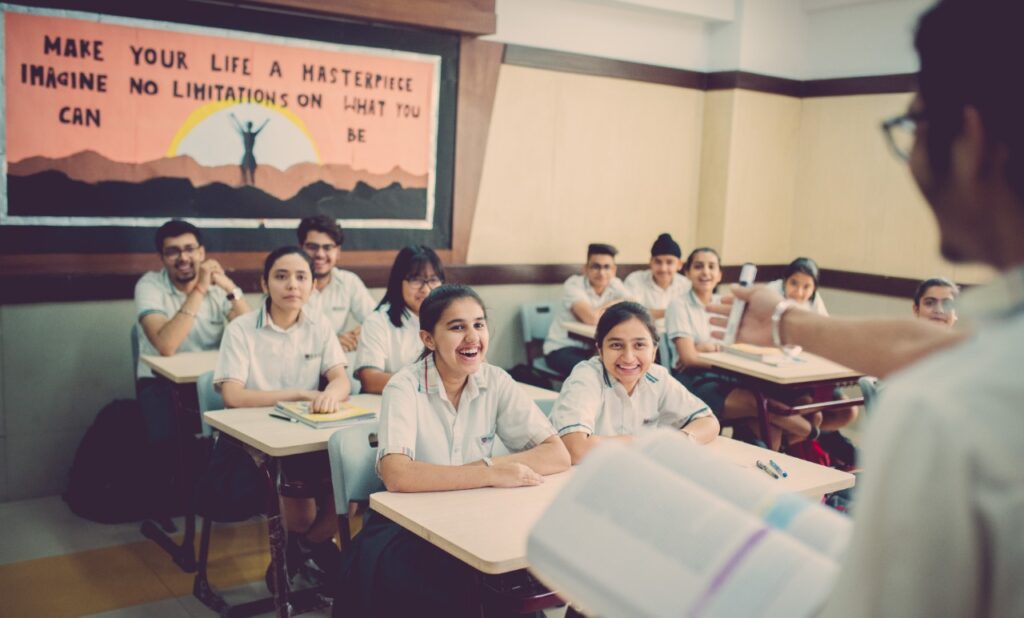
The Literacy Rate of India in 2022, according to the report published by the National Survey of India, is 77.7 per cent, with literate males at 84.70% and literate females at 70.30%. However, India still has a long way to go. In the present context scenario, it is necessary to take urgent measures to ensure gender parity in education. Girls and boys must have equal access to quality basic education.
To accomplish the growth of an independent, strong, and pluralistic India, we need a national commitment. Even after 75 years of independence, there is still a significant gap between men and women, between the opportunities available to wealthy, educated, and urban-focused individuals and those who are poor, illiterate or semi-literate, located in rural areas or other disadvantageous situations.
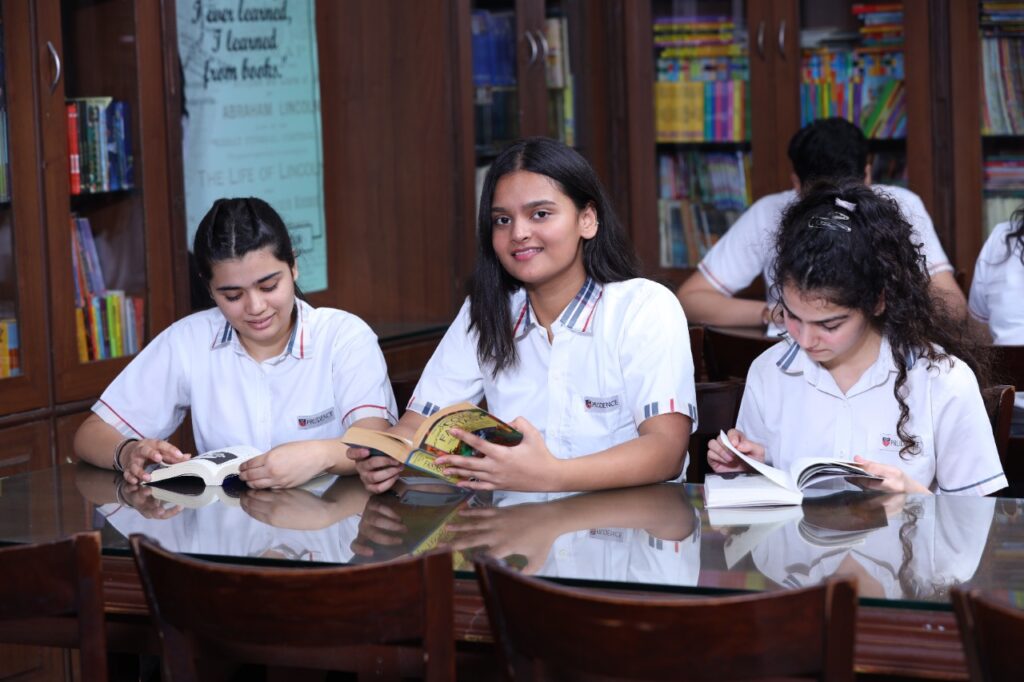
One of the most important reasons why education is important is because it provides direction. Education gives us a road map for how to approach life and enables us to make plans to improve our existence. The bigger objective of education should be national integration and secularism. Each of us should play a role in promoting peace, unity and global citizenship.
Education broadens one’s capacity for mindful thinking. Being aware and knowledgeable, having well-honed competencies of life, makes it easier to find solutions to difficulties, and it is something that no one can ever take away. By having a good education, we widen our horizons, we raise our chances of finding better prospects to succeed. Most significantly, it contributes to the development of individual confidence and being proud of who we are and what we know is a great motivator.
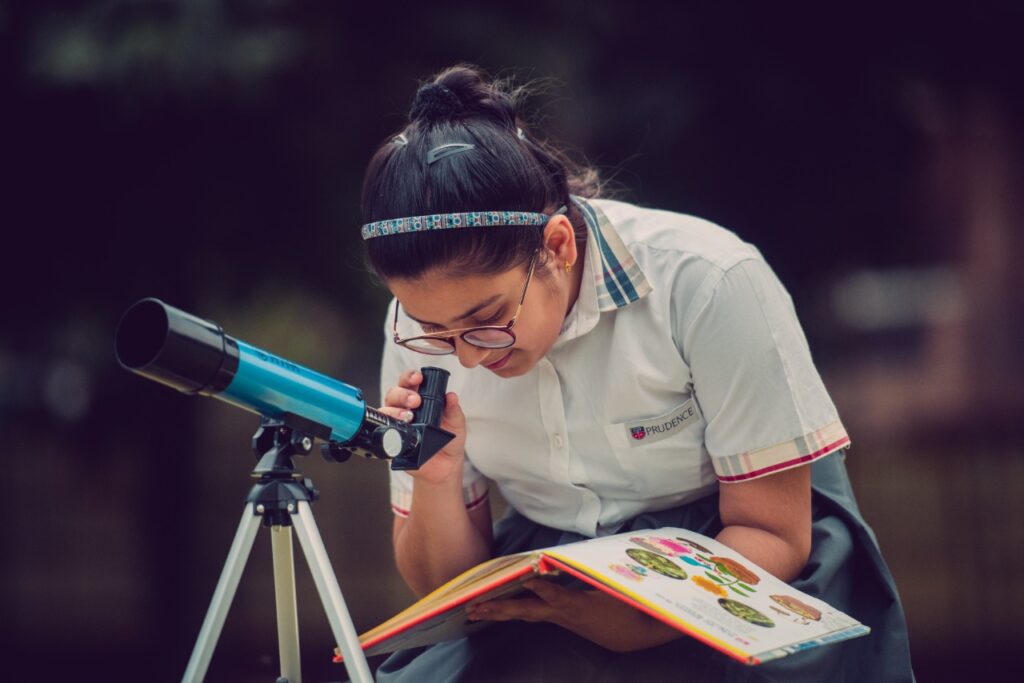
One must however understand that only those who have mastered the art of learning new things and adapting to change are considered to be truly educated. A good education will help the next generation in succeeding in many aspects of life. It can support the development of one’s knowledge, intelligence, morals, values and abilities, in ways that help children grow up to be well-rounded, open-minded people prepared to make a difference in the world.
The concept for India’s future educational system is laid forth in the National Education Policy of India 2020. By 2030, universal preschool through secondary education is one of the goals of the new NEP 2020. It envisions an education system that is focused on India, one in which all students have equitable access to a high-quality education. Without education, it is difficult to advance in society or alter the course of our lives. Educated people usually make plans for the future by being aware of their strengths and weaknesses. Very often, the things that happened to us as children, and the goals and aspirations we made while we were students have an impact on what we can do in our later years. Do your best at all times. Be mindful of what you sow today as it will bear fruit later.
